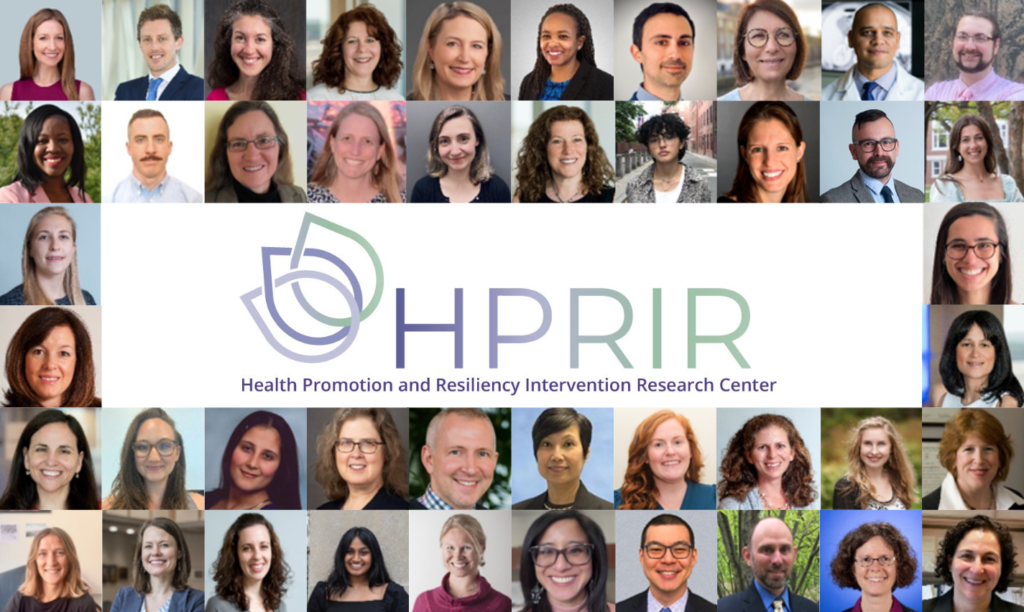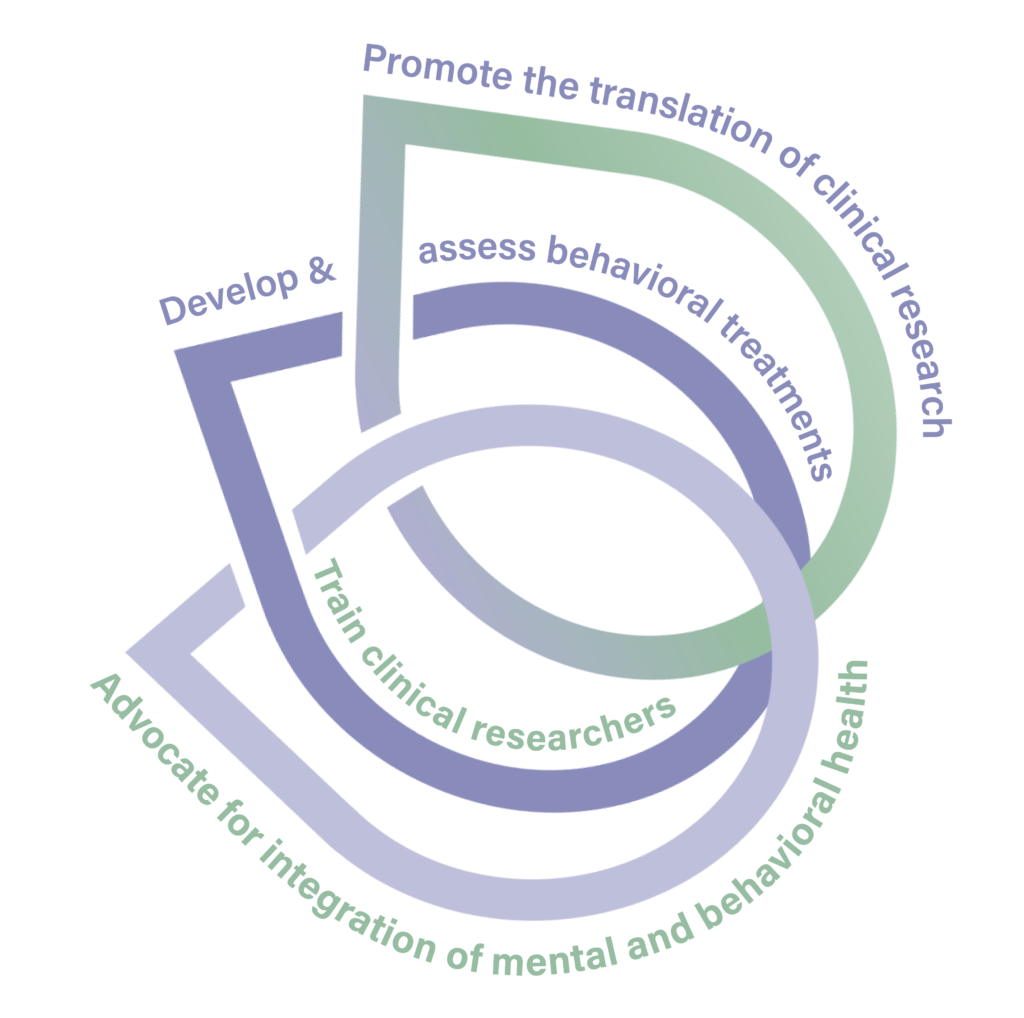2024 MGH Cancer Center Eversource 5k Run-Walk
Congrats to everyone who raised money and showed up for the MGH 5k – it was a beautiful day!

The Health Promotion and Resiliency Intervention Research (HPRIR) Center is a joint initiative between the Massachusetts General Hospital (MGH) Mongan Institute and the MGH Department of Psychiatry to harness the strengths of interdisciplinary behavioral science delivery research.
Our Mission
To develop, assess, implement, and disseminate evidence-based interventions focused on resiliency, health-promotion, illness prevention and survivorship, through research, training, and advocacy.

Primary Aims
Objectives
Develop and assess interventions to:
Provide training to:
Advocate for health equity and integration of mental and behavioral health treatments to:
Promote the translation of clinical research findings to:
Our Intervention Expertise
@DanielHallPhD & team finds gaps in current guidelines for managing #anxiety & #depression in adult #cancersurvivors. To provide holistic care, we need guidelines addressing fear of cancer recurrence, from screening to treatment pathways. @MonganInstitute https://t.co/pz82RhWYwu
— MGH HPRIR (@MGH_HPRIR) April 18, 2024
@EJFloresMD was recently recognized as a Fellow of the @RadiologyACR for service to #ACR & the specialty of #radiology! We are grateful to have him on our team as he contributes to the advancement of radiology & patient care. #ACR @MonganInstitute @MassGeneralNews @mghradchiefs pic.twitter.com/HfN0CnZcT9
— MGH HPRIR (@MGH_HPRIR) April 17, 2024
In a recent @JCOOP_ASCO publication, researchers from @MGH_HPRIR and colleagues investigated enhancing health insurance literacy for childhood cancer survivors.
— Mass General Research Institute (@MGH_RI) March 20, 2024
Read more: https://t.co/Pn6Q9DHTIl pic.twitter.com/y2IPW3rCrK
Meet Our Director, Dr. Elyse Park

Dr. Park is director of Health Promotion and Resiliency Intervention Research Center (HPRIR). She is a clinical health psychologist and health services researcher who, for the past 20 years at MGH, has been dedicated to understanding and improving health-related behaviors among cancer survivors and populations at risk for cancer and chronic disease. Her research focuses on developing and implementing behavioral interventions to enhance resiliency, decrease tobacco use, and improve access to healthcare. A Professor of Psychiatry at Massachusetts General Hospital/Harvard Medical School, her research is conducted at the MGH Mongan Institute’s Health Policy Research Center and Department of Psychiatry. Clinically, she treats cancer survivors. She founded the MGH Division of Clinical Research’s Qualitative Mixed Methods Research Unit and directs behavioral research at the Benson-Henry Institute for Mind Body Medicine and the Tobacco Research and Treatment Center and, in this capacity, and has developed evidence-based interventions. Accordingly, she started two hospital-based clinical services: the MGH Cancer Center’s Smokefree Support Service and the MGH Cancer Center Resiliency Survivorship Group Program.
Congrats to everyone who raised money and showed up for the MGH 5k – it was a beautiful day!
@KellyIrwin_MD was named as a 2024-2025 @RadInstitute fellow! Her research will explore narratives of patients, families, & clinicians affected by #mentalillness & #cancer to foster dignity & reduce mental health discrimination in #healthcare & #research Read more…
Congrats to Dr. Daniel Hall and colleagues for publishing these important findings in Cancer! Read the article here, or download the pdf below! @DanielHallPhD & team finds gaps in current guidelines for managing #anxiety & Read more…